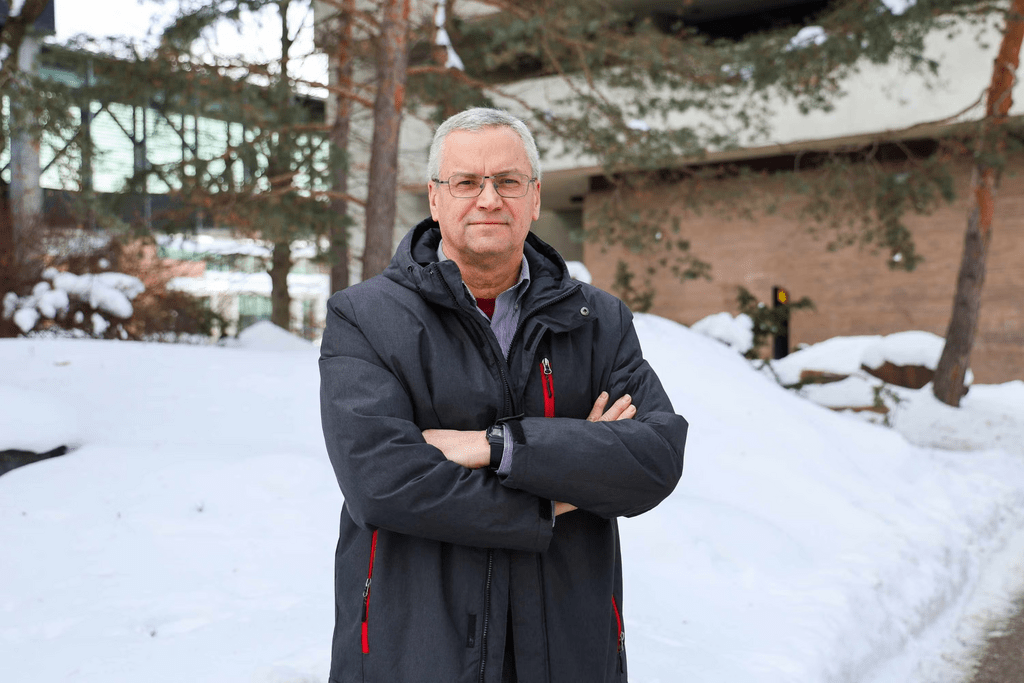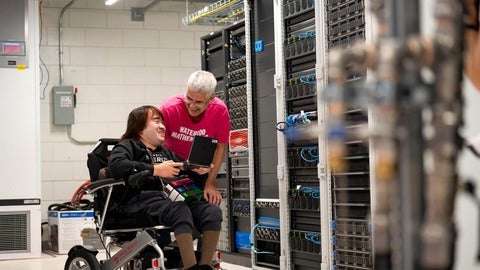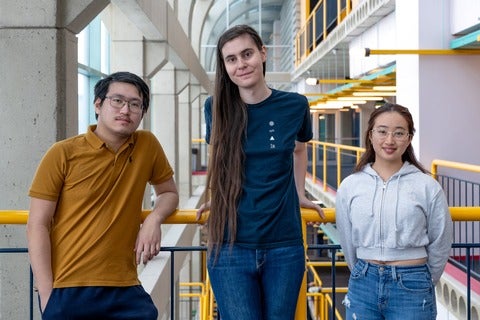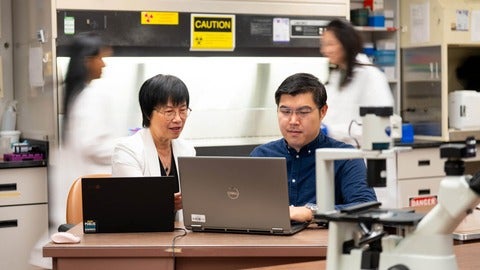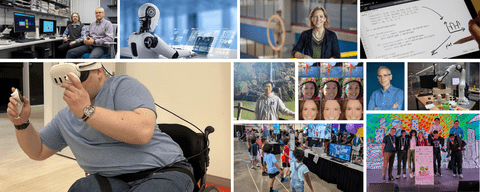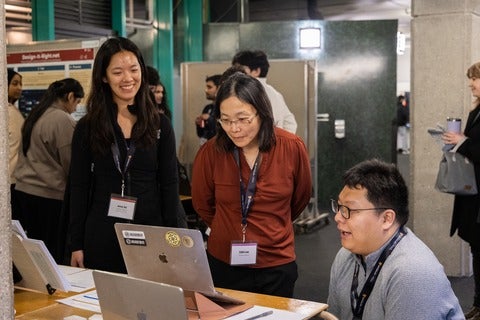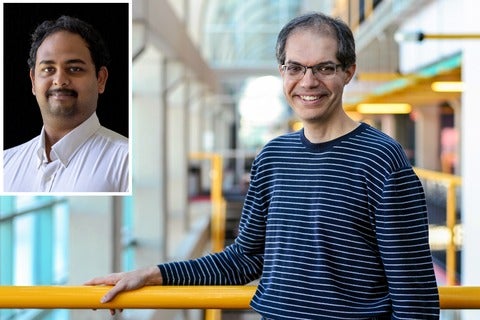The hidden dangers of black carbon in snow
As Canada experiences record snowfall, new research from the Cheriton School of Computer Science suggests that tiny amounts of industrial pollution trapped in snow can change how sunlight reaches the ground below and significantly alter fragile environments.
The culprit is black carbon, a sooty form of pollution produced when fossil fuels burn incompletely. It can come from vehicle exhaust, industrial emissions and other combustion sources. While black carbon is already known to contribute to warming, the Waterloo research highlights another, less visible effect: how it alters the “light environment” under snow in ways that affect plant growth.
